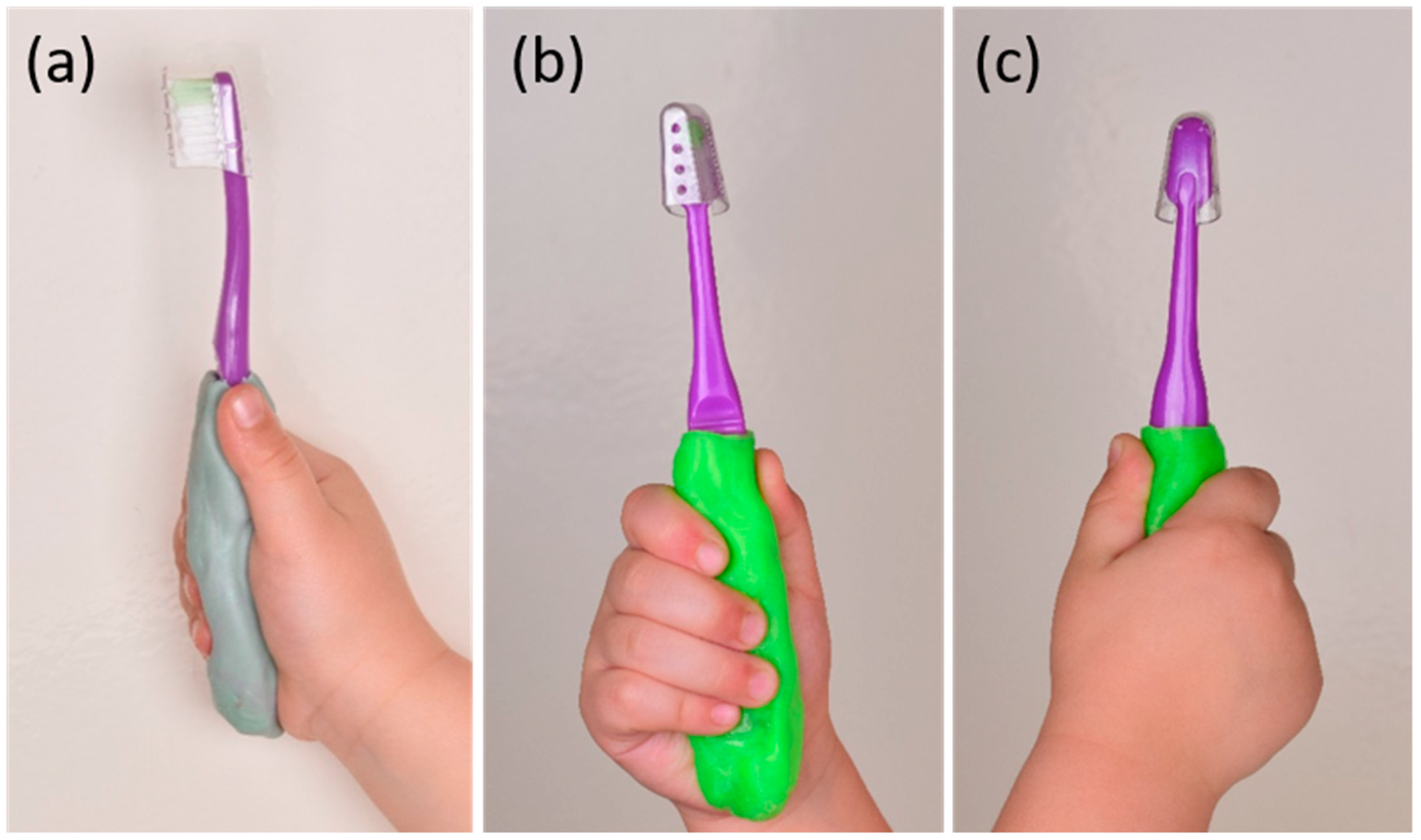
Dental care is a vital aspect of maintaining overall health and well-being. While many people are aware of the importance of brushing their teeth, there are other foundational elements that contribute to optimal dental health. The Top-Rated Wicker Park Dental Care, Urban Smiles Chicago, offers exceptional dental services to meet all your oral health needs. In this article, we will explore the key components of dental care beyond brushing, highlighting the practices and habits that promote a healthy and vibrant smile.
Contents
The Importance of Dental Care
Dental care is crucial for maintaining oral health, preventing dental problems, and preserving the integrity of teeth and gums. It encompasses a range of practices and habits that promote healthy teeth, fresh breath, and overall well-being. By prioritizing dental care, individuals can enjoy the benefits of a beautiful smile and reduce the risk of oral diseases.
Brushing and Flossing: The Cornerstones of Oral Hygiene
Brushing and flossing form the foundation of oral hygiene. Brushing twice a day with a fluoride toothpaste helps remove plaque and bacteria from the surfaces of the teeth. It is important to use a soft-bristle toothbrush and gentle circular motions to avoid damaging the enamel. Flossing at least once a day helps remove plaque and debris from between the teeth and along the gum line. These practices, when performed correctly and consistently, help maintain oral health and prevent tooth decay and gum disease.
The Role of Diet in Dental Health
Diet plays a significant role in dental health. Consuming a balanced diet that is rich in fruits, vegetables, lean proteins, and whole grains provides essential nutrients for strong teeth and gums. Limiting sugary and acidic foods and beverages, such as soda and candies, helps reduce the risk of tooth decay. Additionally, drinking plenty of water helps rinse away food particles and stimulates saliva production, which aids in neutralizing acids and maintaining oral health.
Regular Dental Check-ups: Preventive Care at Its Best
Regular dental check-ups are essential for preventive care and early detection of dental issues. Dentists recommend scheduling check-ups every six months, although the frequency may vary based on individual needs. During these visits, dentists conduct thorough examinations, clean the teeth, and assess overall oral health. Regular check-ups help identify problems in their early stages, allowing for prompt treatment and preventing more significant issues from developing.
Understanding Gum Health
Gum health is as important as tooth health when it comes to dental care. Healthy gums provide a firm foundation for the teeth and help prevent periodontal diseases. Proper brushing and flossing techniques, along with regular dental cleanings, contribute to maintaining gum health. It is important to be mindful of signs of gum disease, such as redness, swelling, bleeding, and gum recession. Seeking timely treatment from a dentist can prevent the progression of gum disease and its associated complications.
Protecting Your Teeth: Dental Sealants and Fluoride
Dental sealants and fluoride are valuable tools in protecting teeth from decay. Dental sealants are thin plastic coatings applied to the chewing surfaces of molars and premolars, creating a protective barrier against bacteria and acids. Fluoride, whether obtained from toothpaste, mouth rinses, or professionally applied treatments, strengthens tooth enamel and helps prevent tooth decay. These preventive measures provide an extra layer of defense against dental problems.
The Impact of Habits on Dental Health
Healthy habits greatly influence dental health. Avoiding tobacco products and excessive alcohol consumption is essential, as they contribute to oral health problems and increase the risk of oral cancer. Additionally, refraining from habits such as nail-biting, teeth grinding, and chewing on ice or hard objects helps prevent tooth damage and other dental complications. Adopting positive habits, such as drinking fluoridated water, rinsing with mouthwash, and using dental picks, contributes to maintaining optimal dental health.
Maintaining Oral Health at Home
Maintaining oral health goes beyond brushing and flossing. Using mouthwash can help kill bacteria and freshen breath. Tongue cleaning removes bacteria and debris from the surface of the tongue, further promoting oral hygiene. It is also important to replace toothbrushes every three to four months or when the bristles become frayed. Storing toothbrushes in an upright position and avoiding contact between toothbrushes help prevent the spread of bacteria.
The Connection Between Dental and Overall Health
The health of the mouth is closely interconnected with overall health. Poor dental health has been linked to various systemic conditions, including cardiovascular disease, diabetes, respiratory infections, and adverse pregnancy outcomes. Maintaining good oral hygiene and seeking regular dental care contribute not only to a healthy smile but also to overall well-being.
Conclusion
Dental care encompasses more than just brushing teeth. It involves a comprehensive approach that includes proper brushing and flossing techniques, a balanced diet, regular dental check-ups, and adopting healthy habits. By incorporating these foundational elements into daily routines, individuals can maintain optimal dental health, prevent oral diseases, and enjoy the benefits of a bright and vibrant smile.

